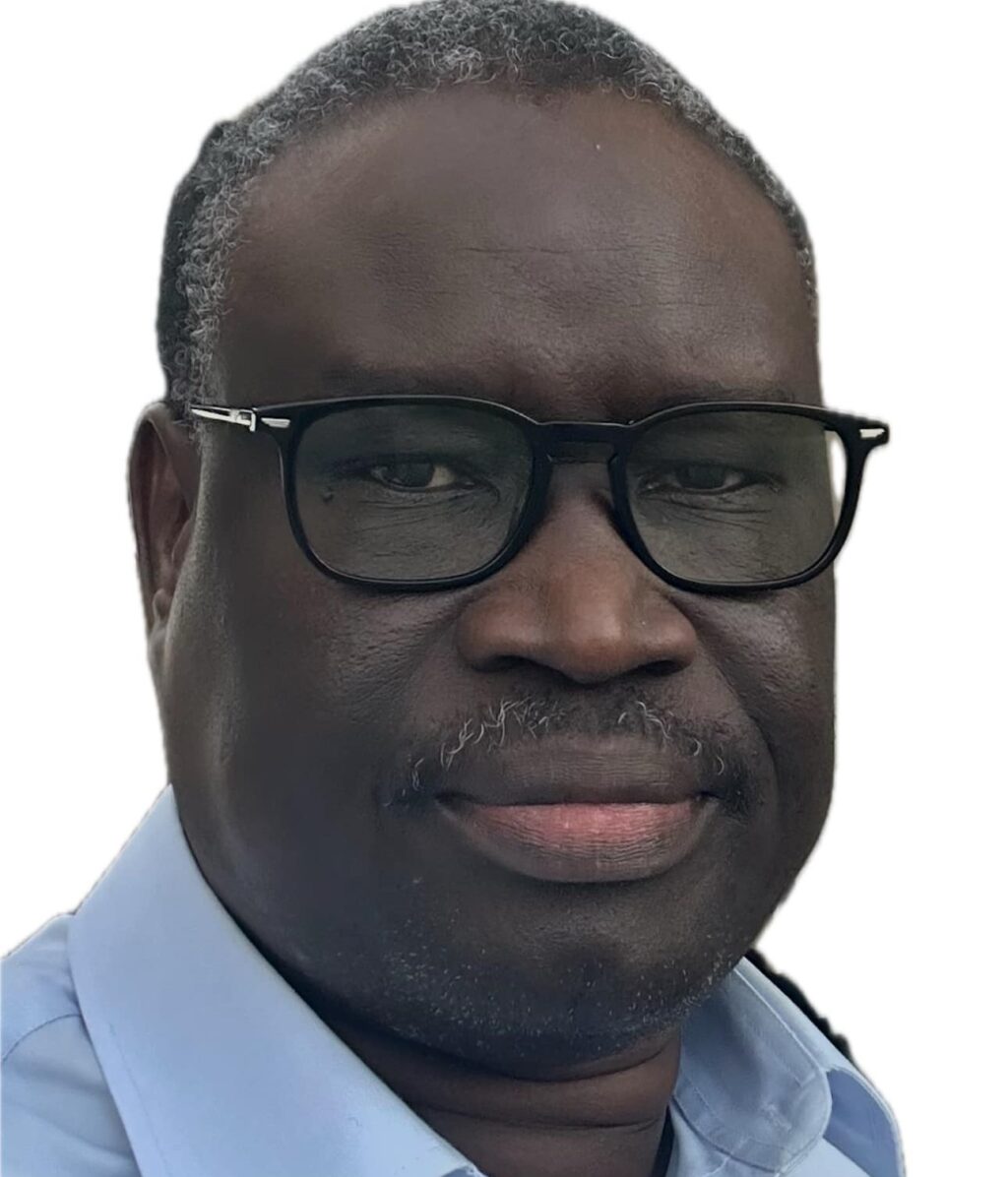President Salva Kiir’s politics are best understood not as leadership in the conventional sense, but as survival through fragmentation. Rather than cultivating institutions or preparing a credible succession strategy within the SPLM party, he weakens potential rivals, undermines structures of governance, and ensures that no alternative can consolidate enough strength to challenge him. His rule depends not on unity but on mistrust, scapegoating, and the careful balancing of elites whose authority never exceeds his own.
Within this system, figures like Bol Mel and Adut Salva are not empowered as future leaders but deployed as instruments of control. Bol absorbs public anger and carries the burden of blame, creating space for Kiir to remain above the fray. Adut anchors dynastic legitimacy for the ruling family while simultaneously limiting Bol’s influence, ensuring that no single figure emerges as a unifying force. Both exist under Kiir’s shadow, tolerated but never autonomous.
Yet Kiir’s survival does not rely solely on elite balancing. It is reinforced by external rents—oil revenues, foreign aid, and regional security backing—that shield his government from collapse. At the same time, institutions are deliberately weakened. Parliament, the judiciary, and the army are kept fragmented, incapable of producing independent leadership. This is governance as endurance, not transformation: a strategy that locks South Sudan into permanent instability, where survival outweighs reform.
It is within this logic that the upcoming criminal trial of Dr. Riek Machar must be understood. On the surface, the trial appears to represent accountability—a long-awaited legal reckoning after decades of war and rebellion. In reality, it functions as a new instrument of governance and control. By keeping Machar under the perpetual shadow of prosecution, Kiir neutralizes his ability to mobilize supporters or present himself as an alternative center of power.
The trial is unlikely to reach a definitive conclusion. Instead, it will drag on, suspended between adjournments, symbolic hearings, and indefinite delays. This legal limbo ensures that Machar is never fully convicted but also never free. He becomes a captive figure in a theatre of governance, humiliated publicly yet preserved as a warning to others who might imagine challenging the regime.
Here, the judiciary is not acting as an independent arbiter. It risks becoming what Mahmood Mamdani once described as the embodiment of the “politics of survival” in African states: institutions bent to sustain rulers rather than serve society. The trial also mirrors what Patrick Chabal and Jean-Pascal Daloz termed “the instrumentalization of disorder,” where law and bureaucracy are manipulated as political tools instead of guardians of justice.
South Sudan’s judiciary has rarely lived up to its constitutional promise. Since independence in 2011, courts have been sidelined in moments of crisis, often reduced to rubber stamps for executive authority. When political detainees were arrested after the 2013 conflict, courts did not lead the process of justice; instead, outcomes were shaped by negotiations within the SPLM elite.
In corruption scandals such as the “Dura Saga,” where millions of dollars vanished in grain procurement, prosecutions were quietly abandoned or shifted into the hands of the executive, leaving the judiciary silent. Even in routine cases of land disputes and local violence, judges are frequently overruled by powerful security organs or presidential decrees.
This pattern has eroded public trust. Citizens know that courts rarely function as independent institutions; they often serve as extensions of political bargaining. The danger now is that the trial of Riek Machar will confirm this legacy—that, once again, the judiciary is used as a tool of survival politics rather than an impartial forum of justice.
The judiciary now faces a defining test. If South Sudan’s judges allow themselves to be used as instruments in the President’s survival strategy, they will forfeit the last remnants of their legitimacy. Courts are not meant to be theatres of political control; they are meant to be the last refuge of justice, the shield of society against executive overreach.
This is not the first time courts in Africa have faced such a challenge. In Kenya, the Supreme Court’s 2017 annulment of presidential elections demonstrated that judicial independence can change the course of a nation. In South Africa, the Constitutional Court’s rulings against executive abuse under Jacob Zuma proved that courts can resist capture and restore credibility. South Sudanese judges, though under immense pressure, must remember that their role is not to serve as another tool in Kiir’s balancing game but to uphold the principles of impartial justice.
If the judiciary fails in this trial, it will sink deeper into irrelevance. But if it rises to the occasion, it could begin to rebuild public trust, restore a measure of accountability, and show that South Sudan’s future need not be permanently trapped in the logic of survival politics.
Just as Bol Mel is used to absorb blame and Adut Salva to dilute influence, Machar’s trial threatens to become another symbolic demonstration of Kiir’s dominance: even the most powerful rivals can be neutralized without elimination. But unlike scapegoating or elite balancing, this involves an institution—the judiciary—whose mandate is supposed to stand above political games.
History will remember not the procedural adjournments of Machar’s trial, but whether the judiciary chose to be complicit in fragmentation or to stand firmly for justice. If South Sudan’s courts allow themselves to be consumed by the politics of survival, they will condemn the nation to permanent instability. If, however, they reclaim their independence, the trial of Riek Machar could become the first step in restoring the rule of law in a country that desperately needs it.
The writer, Samuel Peter Oyay, is a South Sudanese political activist, strategist, and commentator with over two decades of experience in governance and management. He can be reached via samualjago@yahoo.com
The views expressed in ‘opinion’ articles published by Radio Tamazuj are solely those of the writer. The veracity of any claims made is the responsibility of the author, not Radio Tamazuj.




